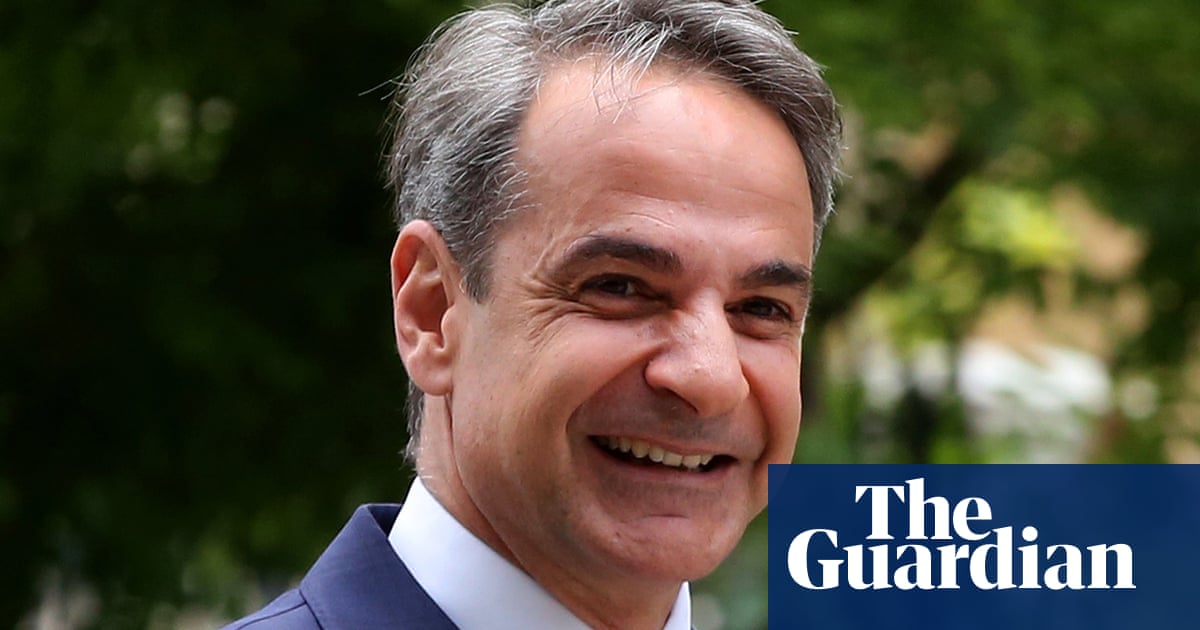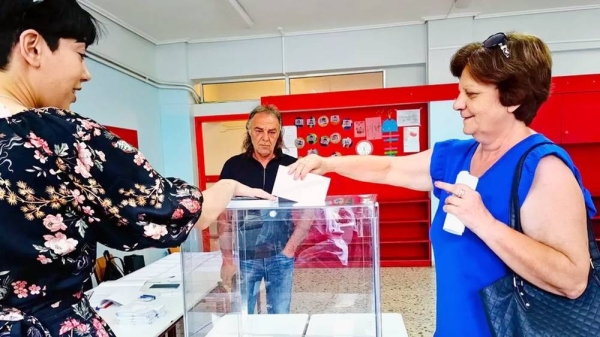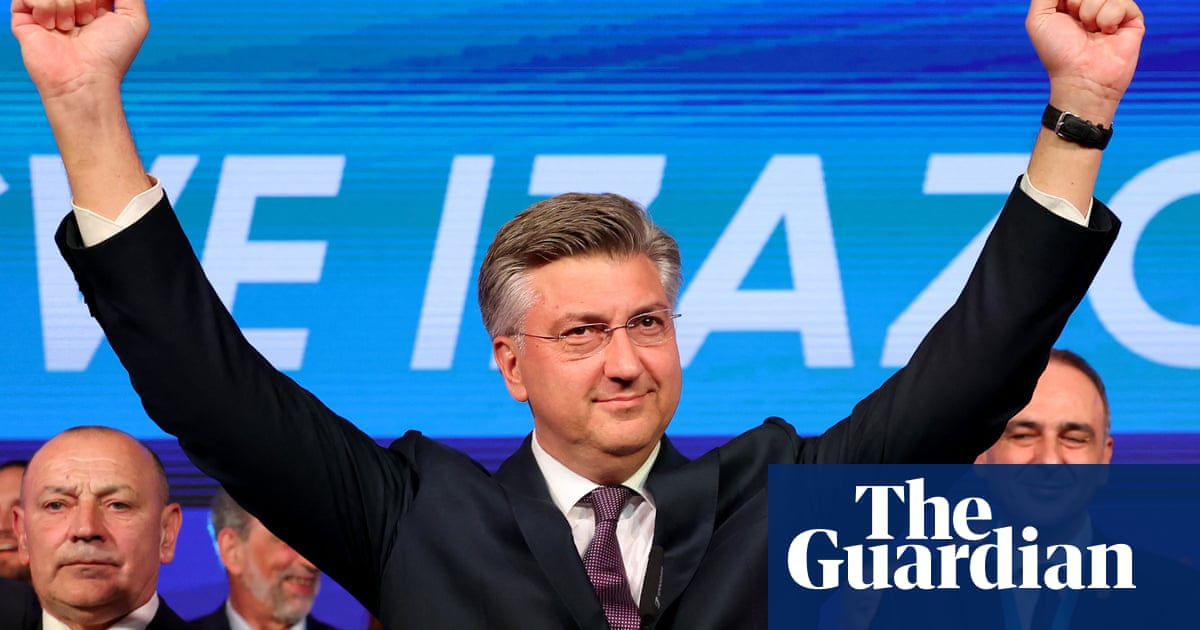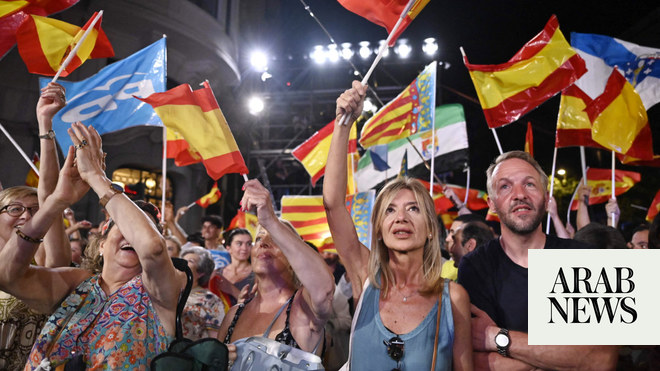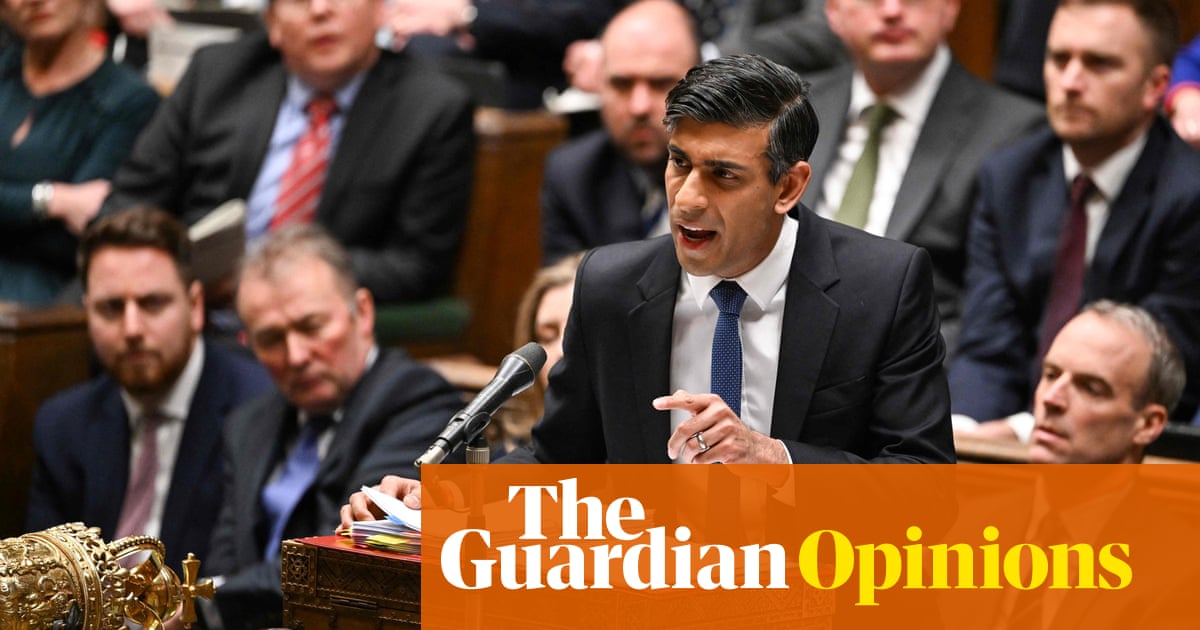
Spain’s opposition conservative People’s party (PP) has retained its absolute majority in Galicia, defying predictions it was on course to lose control of the north-western region it has governed for all but four of the past 35 years.
The result bolsters the standing of the party leader, Alberto Núñez Feijóo, a former head of the regional government, with the PP winning 40 seats – only two fewer than four years ago.
But it was a bad day for the socialists, who lost five seats, shedding votes to the Galician Nationalist Bloc (BNG), which increased its representation from 19 to 25 seats. Neither the leftwing Unite nor the far-right Vox party managed to win a single seat.
“Galicia has sent Spain a message, we don’t like blackmail here,” Alfonso Rueda, the victorious PP candidate for regional president, said in reference to the deal Pedro Sánchez, Spain’s prime minister, has made with Catalan nationalists in exchange for their votes.
When Feijóo let slip a week before the election that he was not opposed to pardoning the Catalan politicians who led the failed independence push in 2017 it threatened to derail the Galicia campaign, given that his party opposes any form of amnesty.
However, it appears voters were more willing to forgive Feijóo than they were Sánchez, whose pact with the Catalans was being blamed for his party’s poor showing in the first significant election since he secured another term as prime minister.
After years on the political margin, the BNG is now the second force in the region. “Galicia has changed and this election has changed everything,” said Ana Pontón, the BNG leader. “This marks a before and after and there’s no going back.”
Pontón’s campaign reflects a growing trend among Spain’s nationalist parties such as EH Bildu in the Basque Country to focus as much on social issues such as housing, unemployment and the emigration of young people as on the question of sovereignty.
The BNG’s improved showing also reflects its growing popularity in urban areas such as Vigo, where it won more votes than either the PP or the socialists.
Armando Ojea, the Democracy for Ourense candidate, won his seat after an eccentric campaign led by the Ourense mayor, Gonzalo Pérez Jácome, but the overall result put paid to hopes of playing kingmaker in a hung parliament.
The result is also a blow to the leftwing umbrella group Unite whose leader, Yolanda Díaz, is a native of Galicia, and to Vox, which failed to convert dissatisfaction in rural areas into votes.




